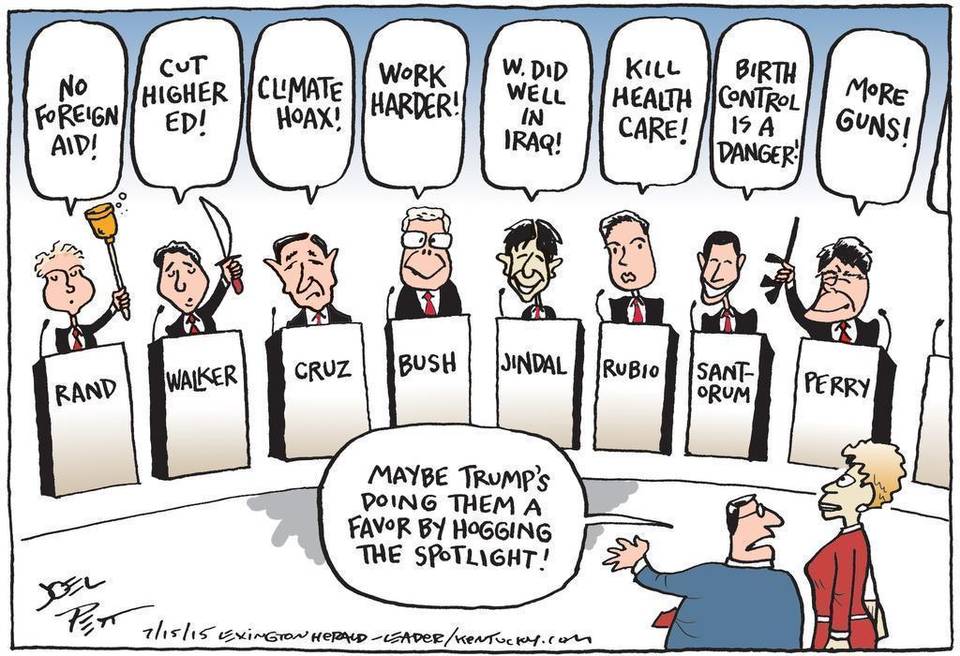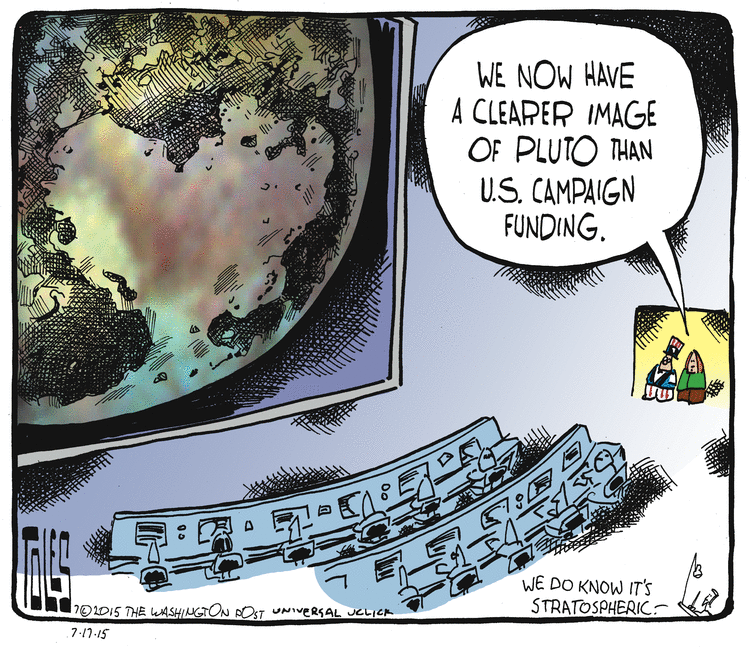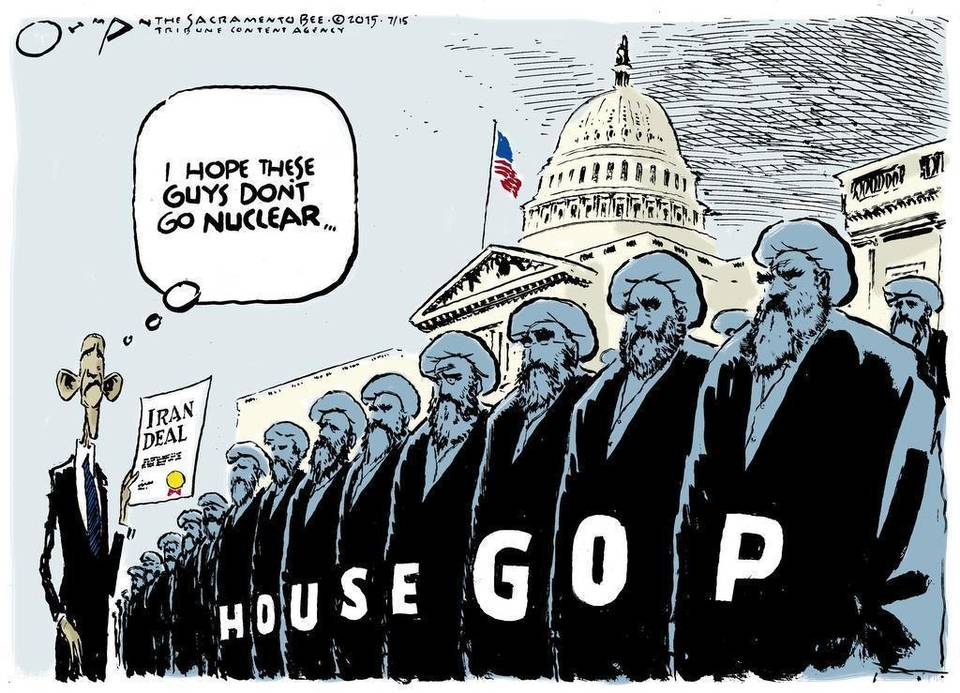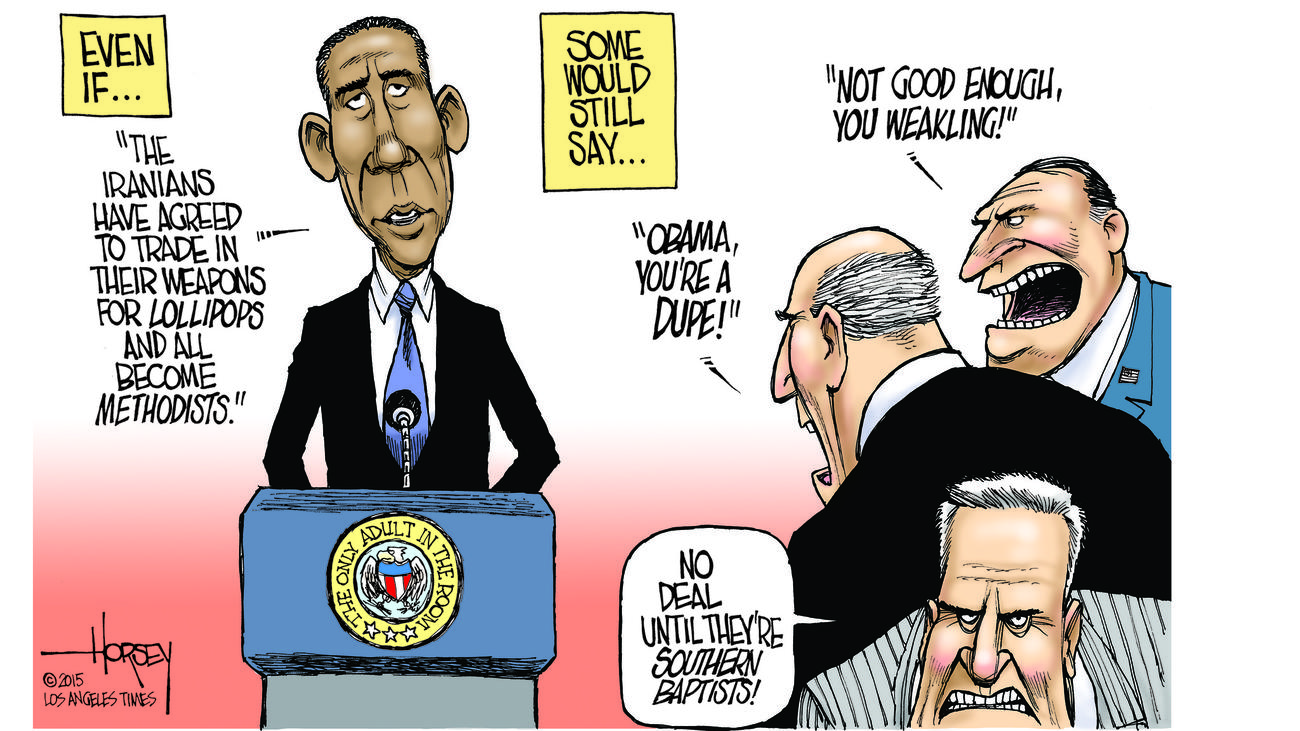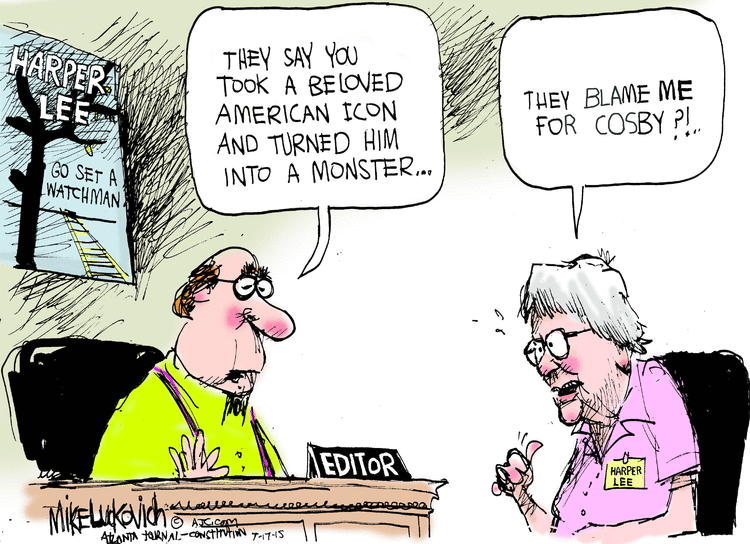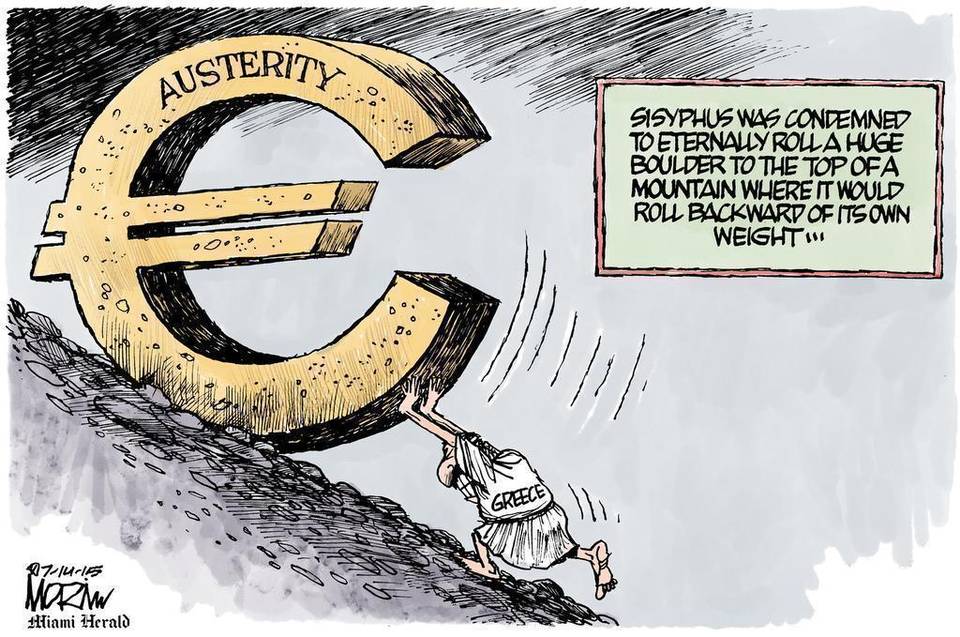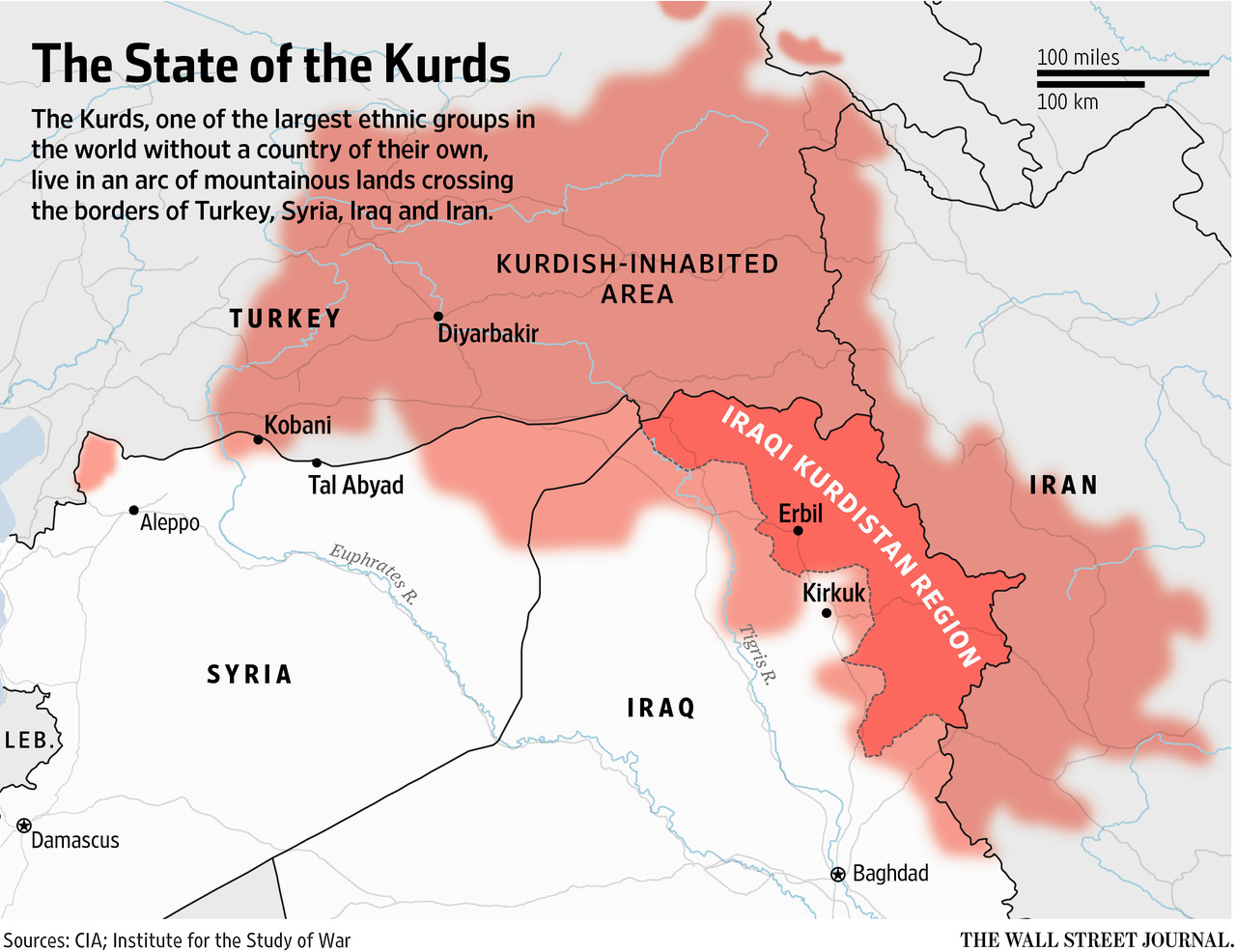This is Wrongo’s last column on Iran for a bit. There are several million words written every day about the nuclear deal, and events may yet overtake us all on the subject. But, it is difficult to let it disappear in the rear-view mirror without looking at the Republican presidential candidates’ trying to say that they will tear up the deal on the day they take office.
Consider Scott Walker, who, according to the Weekly Standard, wants to make it clear that he is the baddest Republican hawk. Walker spoke to reporters after an appearance at the Family Leadership Summit, saying that the next president must be prepared to take aggressive action against Iran, possibly including military strikes, on the day he or she is inaugurated. Walker said he would not be comfortable with a commander-in-chief who is unwilling to act aggressively on day one of a new presidency.
Makes you want to know what Walker thinks should happen on day two, or does his planning just stop on day one?
Jeb Bush tried to be the responsible baddest hawk. The Weekly Standard reported that Bush said in response to Walker’s statement:
One thing that I won’t do is just say, as a candidate, ‘I’m going to tear up the agreement on the first day.’ That’s great, that sounds great but maybe you ought to check in with your allies first, maybe you ought to appoint a secretary of state, maybe secretary of defense, you might want to have your team in place, before you take an act like that.
These positions aren’t really different, and both are reckless. Vowing to undo the agreement puts pressure on all GOP candidates to articulate an alternative. And why should voters trust the Republican nominee with the presidency when he is eager to boast about his readiness to start a war against a country that just negotiated a nuclear weapons agreement with the US and its allies?
The US would not be defending itself or anyone else, (that means you, Israel) by launching an attack on Iran, but it would be committing a breach of the UN Charter. In the process, it would also be exposing our forces and some of Iran’s neighbors to retaliation. And, it would risk dragging the rest of the region into a larger war.
Politically, Democrats will make the case that the only alternative to the Iran deal would be war, so supporting the agreement should end up being the majority position in the US. Already, a Washington Post/ABC News poll finds that 56% of Americans support the deal, though about 60% are skeptical that it will work, suggesting that, Americans want to give it a try, even if success is far from assured.
Even the American Conservative’s Daniel Larison disproved:
If Iran were building a nuclear weapon, the US would be in the wrong to launch a “preventive” attack on them. To do so after Iran starts scaling back and limiting its nuclear program would be an even greater crime. Walker’s thinking about “very possibly” attacking Iran immediately after taking office would be indefensible warmongering even if there were no deal with Iran.
George W. Bush’s preventive war against Iraq was the stupidest blunder in the history of US foreign policy. That only 12 years later, so many Republican presidential candidates are considering the possibility of repeating that blunder in Iran is appalling.
While no one thought it was possible, Scott Walker is making George W. Bush look thoughtful. Walker is trying to out-hawk the rest of the Republican field, but instead, is coming across as a kook. Next, in an attempt to outdo Walker, some candidate will pledge he’ll launch a nuclear strike on Iran on Election Day.
Most of the Republican candidates basically are in favor of a war with Iran, and there is little doubt that the Republicans will beat that war drum all the way to November, 2016.
And if Walker is a real Republican, he’ll get America’s corporations to build a private nuclear strike capability; and he would pledge to use it after the New Hampshire primary.
His right-wing talking point would be that we can’t have the government picking winners and losers when it comes to manufacturing a nuclear crisis or nuclear weapons.

